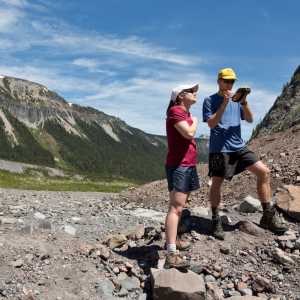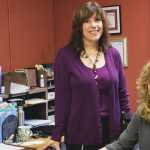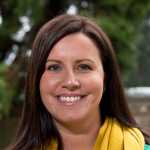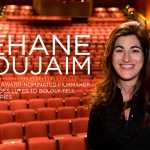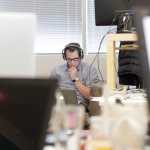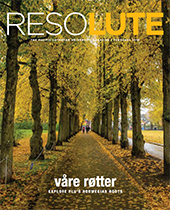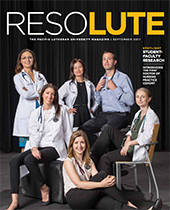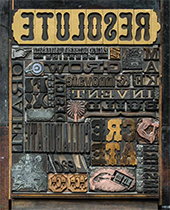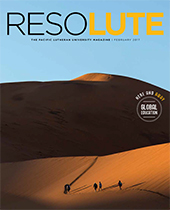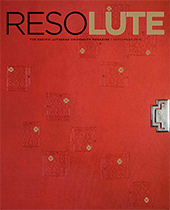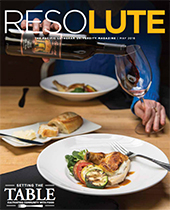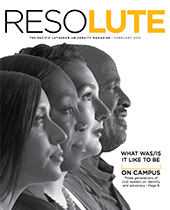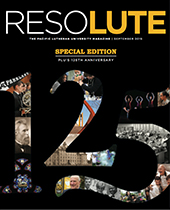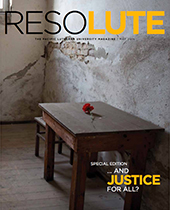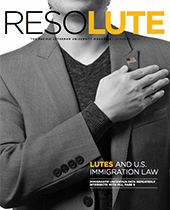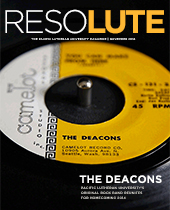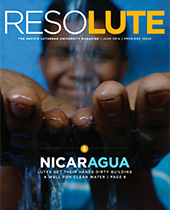While many of her friends might be out enjoying the sunshine this summer, Mackenzie Deane ’15 will be donning her lab coat and goggles and heading up to the second floor of the Rieke Science Center to culture, poke at, prod, and count— yes, count—yeast cells for the next eight hours.
And she wouldn’t have it any other way. Deane, a biology major, is working 10 weeks this summer with Assistant Professor of Chemistry Tina Saxowsky, doing a series of experiments that will look at the evolution of the little critters that make your bread rise. How do they mutate, and how did these traits give them an advantage to survive? How does drug resistance happen? Or tumor growth?
“It really helps with critical thinking,” said Deane after a day in the lab. “And this work with Dr. Saxowsky called to me. I knew I’d be interested in it. This (research) looked at how something so small could affect the human body … this is a fascinating experience to do groundbreaking work like this.”
One recent August morning, Deane and her partners, Pannapat Angkanaworakul and Jessika Iverson, carefully counted yeast cultures that had started days earlier in agar plates. One culture was looking good, but when Deane showed another to Saxowsky, they both frowned. The cultures were not thriving.
“Sometimes the cultures just like having others nearby in the plate,” Saxowsky said.
Probably the most exciting part about this research, Saxowsky said, is that the answers to many of the questions in are simply not known, like why some yeast colonies thrive, and others don’t.
“This gives students the opportunity to do real science and ask questions we don’t know the answer to,” she said. “This gives them a first-hand look at how to ask the question, how to rule things out, how to set controls and interpret the new data.”
Deane is one of approximately 30 students paired with about a dozen professors from the Division of Natural Sciences under PLU’s Summer Undergraduate Research Program. Each year the program gives up and coming scientists, such as Deane, a chance to do field or lab research, and gain hands-on experience that is rare for an undergraduate. Science faculty met with the students in February, who then applied for the fellowships, which were awarded in March. Work began in June.
She and other student researchers will be presenting the findings of their research at the Poster & Oral Presentation Session, Sept. 23 in the Morken Center for Learning and Technology, and subsequently during the M. J. Murdock Charitable Trust-sponsored Twenty-Third Regional Conference on Undergraduate Research of the Murdock College Science Research Program in November.
Eventually, Deane would like to go to medical school, and research like this will help open those doors.


